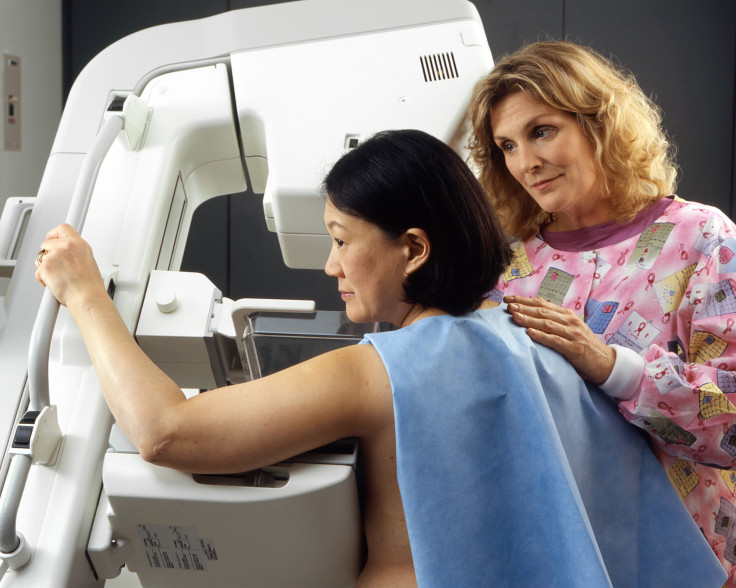Medicare Spends $1 Billion on Mammograms

Screening women for breast cancer costs the U.S. Medicare program $1 billion every year - about as much as it spends on treatment, according to a new study.
"It's known that we're spending over $1 billion on treating cancer, but we were surprised to find that we're also spending over $1 billion for screening," said Dr. Cary Gross, the study's lead author from Yale University in New Haven, Connecticut.
Using a database of Medicare claims between 2006 to 2007, Gross and colleagues tracked about 137,000 women, who did not have breast cancer and who were over 66 years old, to see how much they spent on screening and initial treatment for breast cancer.
Currently, the U.S. Preventive Services Task Force (USPSTF), which issues screening recommendations and other guidelines, recommends women between 50 and 74 years old get a mammogram every other year.
The USPSTF says there is not enough evidence to say whether women over 74 should be screened, but the American Cancer Society suggests women 40 years old and older get mammograms every year that they're in good health.
Medicare, which provides health insurance to the elderly and disabled, spent $523 billion in 2010. During the time studied, 2006-2007, Medicare spent $1.36 billion on breast cancer treatments and $1.08 billion on screening. About $410 million of that was spent on screening women who were over 74.
"We feel this underscores the importance of understanding how we're paying for breast cancer screening, and understanding what is the best approach for screening older women for breast cancer," said Gross.
REGIONAL VARIATIONS
The researchers, who published their findings in JAMA Internal Medicine, then broke up the country into regions to see if those areas that spent the most on screening ended up having better outcomes.
They found the price of breast cancer screening varied by region, from $42 per patient to $107.
That variation, they write, was driven by new and expensive screening methods, which aren't always shown to be better than their older counterparts.
In a commentary accompanying the new study, Dr. Jeanne Mandelblatt, from Georgetown University in Washington, D.C., and colleagues write that many doctors are using digital mammography, despite any evidence that it's better than the less-expensive film mammography for Medicare-age women.
"For me, this is really a call for ramping up our research efforts of how we screen older women for breast cancer and whether it's effective," said Gross.



























